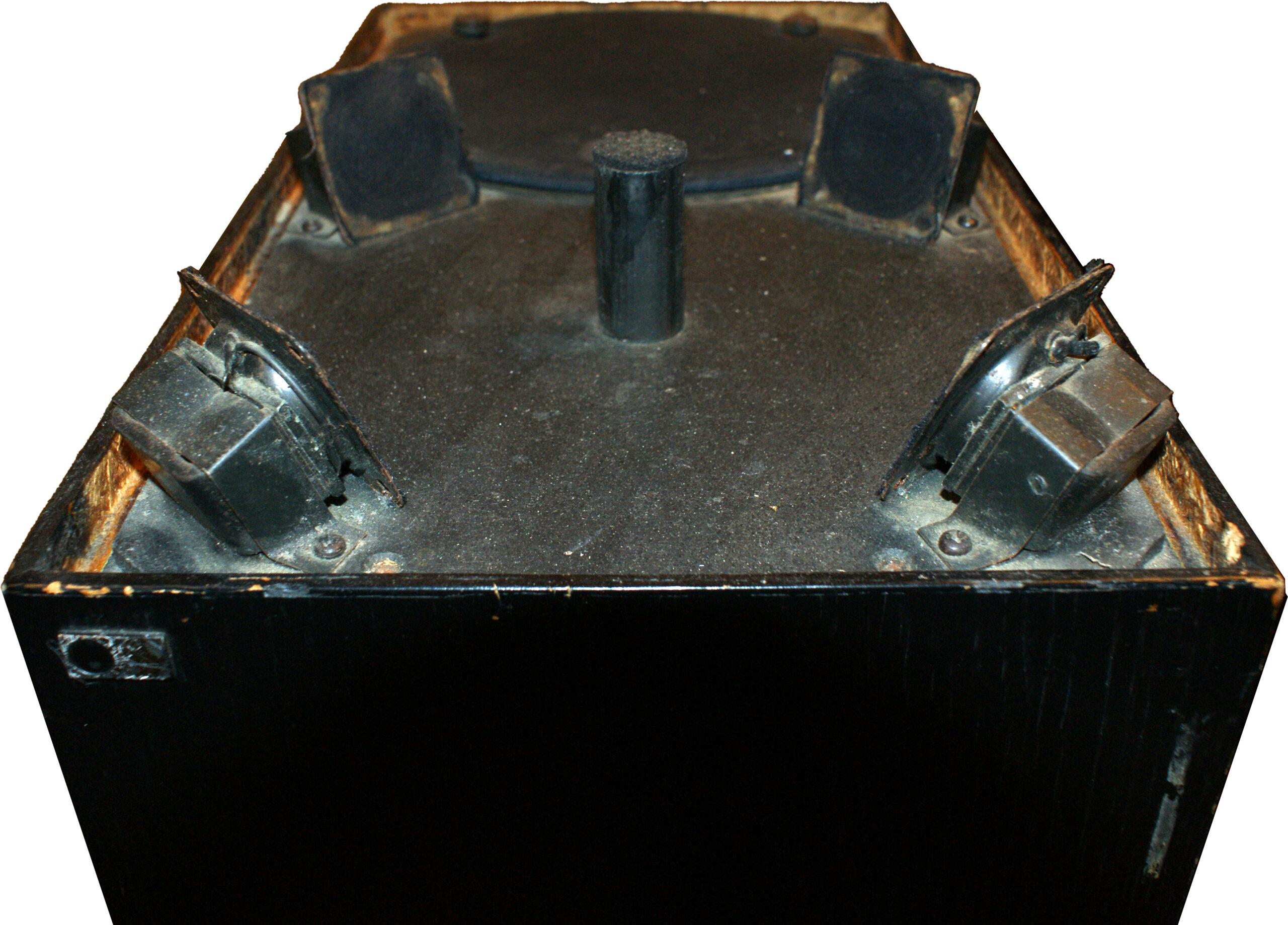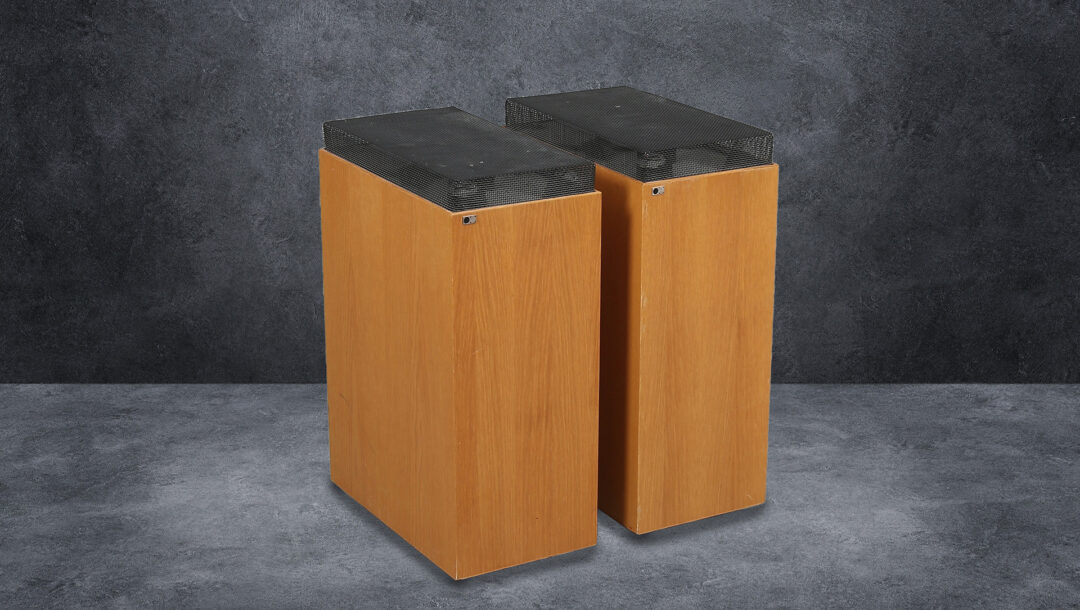One of the best selling speakers in Scandinavia through all times is Sonab OA-5. The tall slim floorstanding speaker was nicknamed “the matchbox.” And although it seemed almost as outlandish then as it does now, through the latter half of the 1960s and the first half of the 1970s, over 100,000 units were sold. They did so because these speakers could bring sound alive in the living room in a way that others couldn’t.
It’s not that hard to design a speaker that has great specs when measured in a sound deadened room. But things start to go wrong when you get the idea to place the speaker in a normal living room.
Not so with Stig Carlsson’s speakers, including the Sonab OA-5. The Swedish speaker designer built his speakers to take advantage of the listening room instead of fighting it.
Orthoacoustics
Stig Carlsson’s loudspeakers are based on a principle that he himself named orthoacoustics, which in short is about avoiding the most disturbing reflections from the listening room. And which ensures that the inevitable reflections from walls, floor and ceiling are controlled to cause the least possible distraction. To find out how it works, read the article below.
Swedish sound pioneer Stig Carlsson might as well have been from another planet, so different were his ideas at the time. He believed, for example, that listening room should be taken into account!
Sonab OA-5 (and the later version, OA-5 II) is a sleek speaker with five speaker units, all located under a metal grille on top of the cabinet. The design is two-way, but highly unconventional, as it consists of an eight-inch full-range unit and four two-inch cone tweeters that play across each other and project the sound in different directions. The speaker should be placed with its back against the rear wall.
The wall disappears
It all looks like something that couldn’t possibly work. But only until you hear the speaker. Many who have seen my OA-5 IIs in the living room have been condescendingly sceptical – only to abruptly drop their lower jaw when the music is opened. These remarkable speakers have a rare ability to make the back wall ‘disappear’ and make the orchestra appear open and alive in the room.
It is almost 50 years since the Sonab OA-5 II went out of production, and 25 years since Stig Carlsson died. Yet the strange Swedish speakers are worshipped with an almost cultish interest on websites like CarlssonPlanet

and Carlsson Cult. A set of OA-5 II in decent condition costs around €200 today – and up to double that for a fully refurbished set with updated drivers and crossovers.
Of course, everything has its limitations, and the 50-year-old speakers are no match for new, expensive designs when it comes to nuance and linearity. But if you have a large 70s living room with sparse furnishings, it’s still hard to find speakers that can master the acoustics as well. At least not without resorting to room correction.
Stig Carlsson’s ideas are carried on today by Larsen HiFi, which continues to build loudspeakers according to the orthoacoustic principle.


do you remember the book shelf sized Varby speakers about 1969-70 they are a sealed type